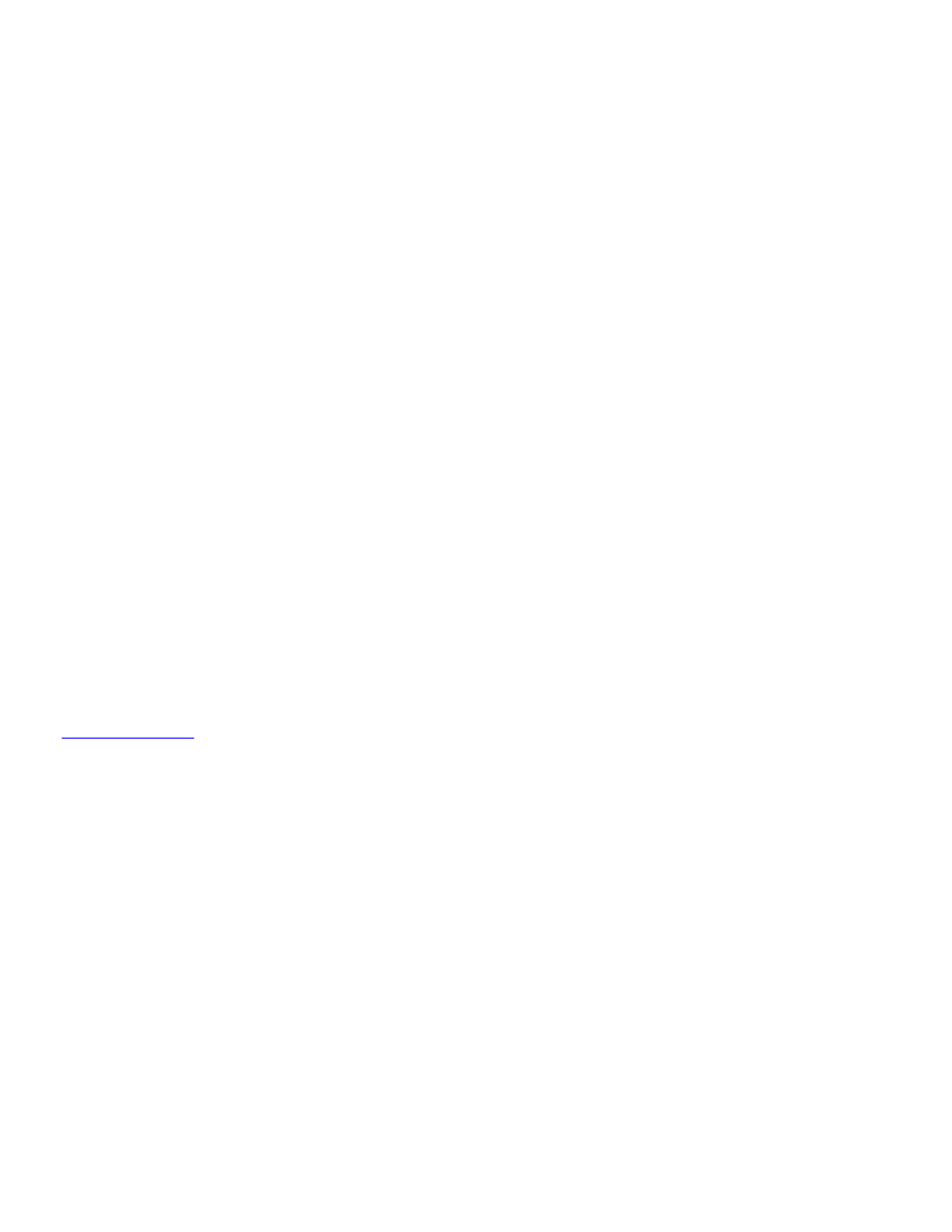

217 │COLUMBIA INTERNATIONAL UNIVERSITY 2018-2019 │ACADEMIC POLICY
Delay in Detection of Plagiarism
If plagiarism is discovered after a course or degree is completed, the level and frequency of plagiarism will be evaluated by
the Provost in consultation with relevant deans and faculty members. Consequences may include changing the grade
awarded in a course or courses, delaying the awarding of the degree, withholding the degree, or rescinding the degree.
Procedures for Dealing with Plagiarism
An instructor who believes plagiarism has occurred should document it to the degree possible, including citations for or
copies of the sources that were plagiarized. The instructor should then meet with the student to discuss the incident. In this
meeting, the instructor should describe the evidence for the plagiarism, allow the student to respond, review what plagiarism
is, why it is unacceptable in a scholarly community, and how to cite sources properly and then review the university's
plagiarism policy and procedures.
If the plagiarism cannot be firmly established, the instructor should meet with the student to obtain sources or to determine
the student's familiarity with the assignment that was submitted.
After meeting with the student, the instructor should determine the consequences with the assumption that this is the
student’s first offense. The instructor should then inform the student of the consequences and, in cases of substantial or
complete plagiarism, submit a Report of Plagiarism form to the dean of the school in which the course resides, including
the assignment and the plagiarized sources. The student should also receive a copy of the report. After receiving a copy of
the Report of Plagiarism, a student may comment on it and submit those comments to the dean’s office. After receiving any
comments, the dean will forward a copy of the Report to the Dean of Student Life and to the Provost.
If the dean determines that this is not the student’s first offense, the instructor will be contacted and can determine, in
consultation with the dean, whether other penalties are warranted.
Students wishing to appeal a decision relating to plagiarism may do so by submitting a written request for review of the case
to the Provost within 5 business days of being notified of the penalties. The Provost will review all materials relating to the
appeal, but the student may not provide new or additional material at this time. Within 5 business days the Provost will
render a decision, which is final and binding on all parties
Privacy Rights and Records
The Family Educational Rights and Privacy Act of 1974 (FERPA), as amended, with which CIU fully complies, protects the
privacy of educational records, establishes the rights of students to inspect these records, and provides guidelines for the
correction of inaccurate or misleading data through informal hearings. Student records include financial accounts and
financial aid records, practicum and internship assignments and evaluations, grades, Veteran Affairs, and Student Life files.
Students have the right to file complaints concerning alleged institutional failure to comply with this Act. Copies of the
institutional compliance policy are available in the Office of the University Registrar and in
CIU Policy Library
( www.ciu.edu/policy ).
Probation (Academic)
Undergraduate-level:
Students are placed on academic probation at the end of any semester in which they earn a GPA
below 2.0 during that semester. Students on academic probation may be advised to 1) carry a reduced course load, 2)
reduce or eliminate employment, 3) reduce extracurricular activities, and/or 4) carry out other measures recommended by
the student’s academic advisor or administration to help the student improve scholastic standing, which may include referral
to the Academic Success Center for tutoring and/or testing. In many instances, students on academic probation will require
additional semesters to complete their studies. Academic probation is removed when a student accumulates a cumulative
GPA of 2.0 or above.
Students on academic probation will be notified and placed on watch immediately after the semester in which the GPA fails
to meet the institutional standard. After two consecutive semesters on probation the student will receive a written warning
from the academic dean indicating that failure to demonstrate substantive change in status will result in academic dismissal.
Substantive change means immediate improvement above a 2.0 GPA for the next semester and continued efforts to retake
failed courses in order to remove probation status. At the end of any three consecutive semesters, students who have not
removed themselves from academic probation and/or demonstrated substantive change in their current semester will be
dismissed from the college.
Graduate-level:
Students on academic probation may be required to carry a reduced course load, to reduce or eliminate
employment, to reduce extracurricular activities, or to carry out other measures recommended by the academic advisor or
administration to help them improve their scholastic standing. In many instances, students on academic probation will
require additional semesters to complete their studies. Academic probation is removed when students accumulate a
satisfactory GPA.



















